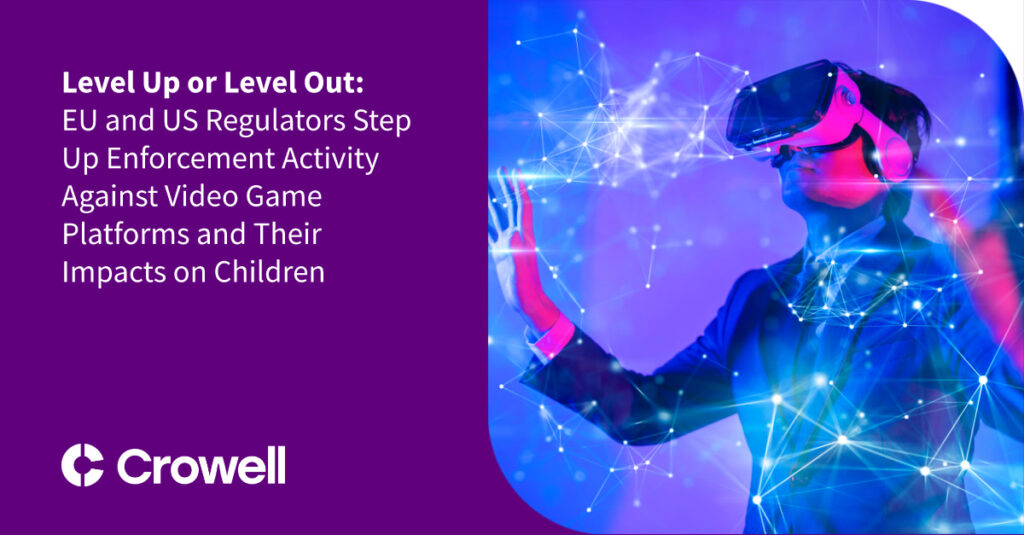On May 14, 2024, the Netherlands Authority for Consumers and Markets (“ACM”) announced that Fortnite developers had created a “professional It has been announced that Epic Games has been fined 1,125,000 euros for violating the “Diligence'' Act. Can be purchased in video games. In imposing the fine, the decision declared: “ACM would like to remind everyone that mistreatment of children in the digital world is particularly serious and will be dealt with harshly.”
Specifically, ACM investigated Epic Games' introduction of the Fortnite Marketplace across all gaming platforms, where item shops leverage advertising and misleading countdown timers for certain purchases to trick children into making purchases. It turned out that he was inducing. ACM believes that these actions “damaged the trust and interests of the child;“And that”Epic offered various products in a misleading and offensive manner” These actions targeted vulnerable consumer groups with misleading business practices and violated Article 8.8 of the Dutch Consumer Protection Enforcement Act.
In a published decision, the ACM explained:Children should not be forced to make decisions within 24 hours regarding the large number of items offered in the Item Shop. With the item's longer availability period, the child may still feel pressured to make a purchase, but can make decisions about supplies in his single moment in the game (i.e., almost instantly). There's a good chance you won't have to make a decision.”
In addition to the fine, ACM is also requiring Epic to make changes to Fortnite's item shop. The changes proposed by ACM areextended time frame“Buy,” they say.Give children an opportunity to think about purchasing products and discuss them with their parents. . . . For this extended period to be effective, it must be presented in as clear a way as possible to children and in a way that places as little pressure on them as possible.” ACM gave Epic until June 10, 2024, to change its current practices.
This isn't the first time Epic Games has been fined for misbehaving with children. Two years ago, in December 2022, the U.S. Federal Trade Commission (FTC) and the U.S. Department of Justice jointly announced that Epic Games would have to pay two record fines totaling $500 million. Announced. The penalties for violations of the Children's Online Privacy Protection Act (“COPPA”) are the largest fines ever imposed under COPPA and the largest executive order in FTC history, including a $245 million fine for consumers who made unintended purchases. A refund of USD was imposed.
The FTC's announcement signaled it would take a stronger role in cracking down on the online children's gaming and social media industries. Indeed, the new bill proposal Kids Off Social Media Law, Let's take another step in that direction. Proposed in April 2023 Additions to social media, in addition to protections for children online, were the subject of a May 2024 Senate committee meeting, due to the tremendous negative impact social media is having on children and teens. It is intended to complement COPPA with the protection of The bill would require social media platforms to verify users' ages, prohibit the use of algorithmic recommendation systems for individuals under 18, and require social media users under 18 to obtain parental or guardian consent. The plan is to prohibit users under the age of 13 from using the service. Access to social media platforms. The bill is only in the early stages of the legislative process and still needs to be passed by Congress.
Protecting children online also remains a top priority for the EU. On May 16, 2024, the European Commission announced a formal investigation into Meta, alleging that Meta may have violated the Digital Services Act regarding the protection of minors on Facebook and Instagram. The committee is concerned that the company's algorithms could lead to addiction in children, causing a so-called “rabbit hole effect.” We also plan to investigate the site's age guarantee and verification methods. “The Digital Services Act establishes rules that can protect minors when interacting online'' said Margrethe Vestager, European Commissioner for Competition. Domestic Market Secretary Breton added:We will spare no effort to protect children. ”
Consumers sold to children online as regulators in Europe and the United States continue to crack down on games and online marketing practices aimed at children that regulators find to be unfair and deceptive. Products must undergo multiple internal reviews to ensure products comply with frequently updated European and US standards. US regulations.


